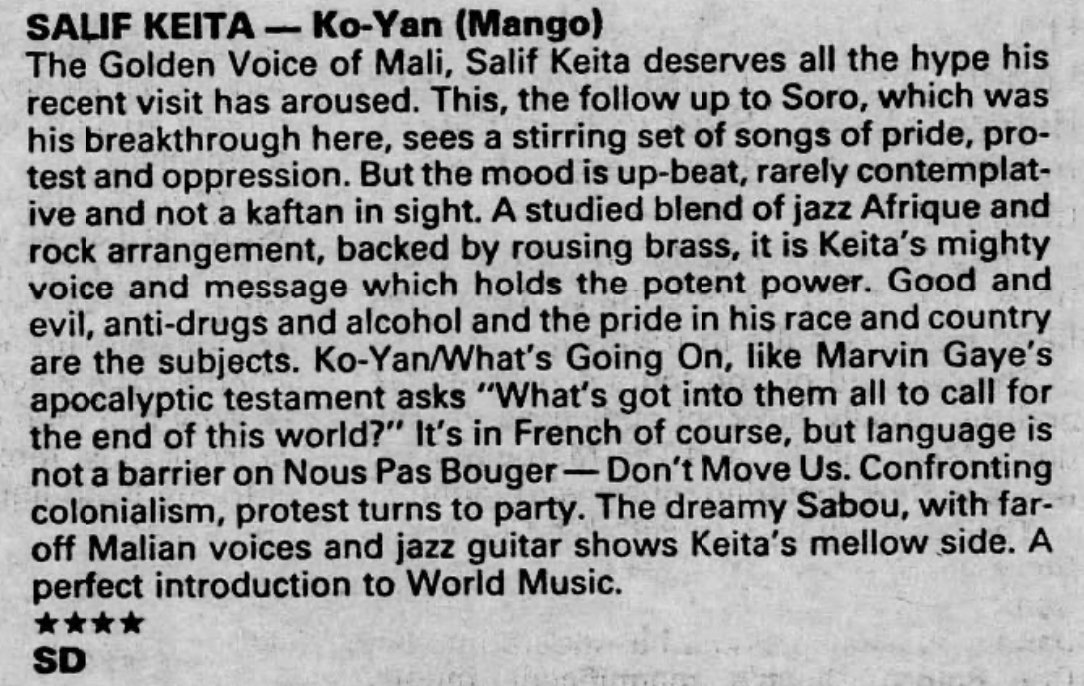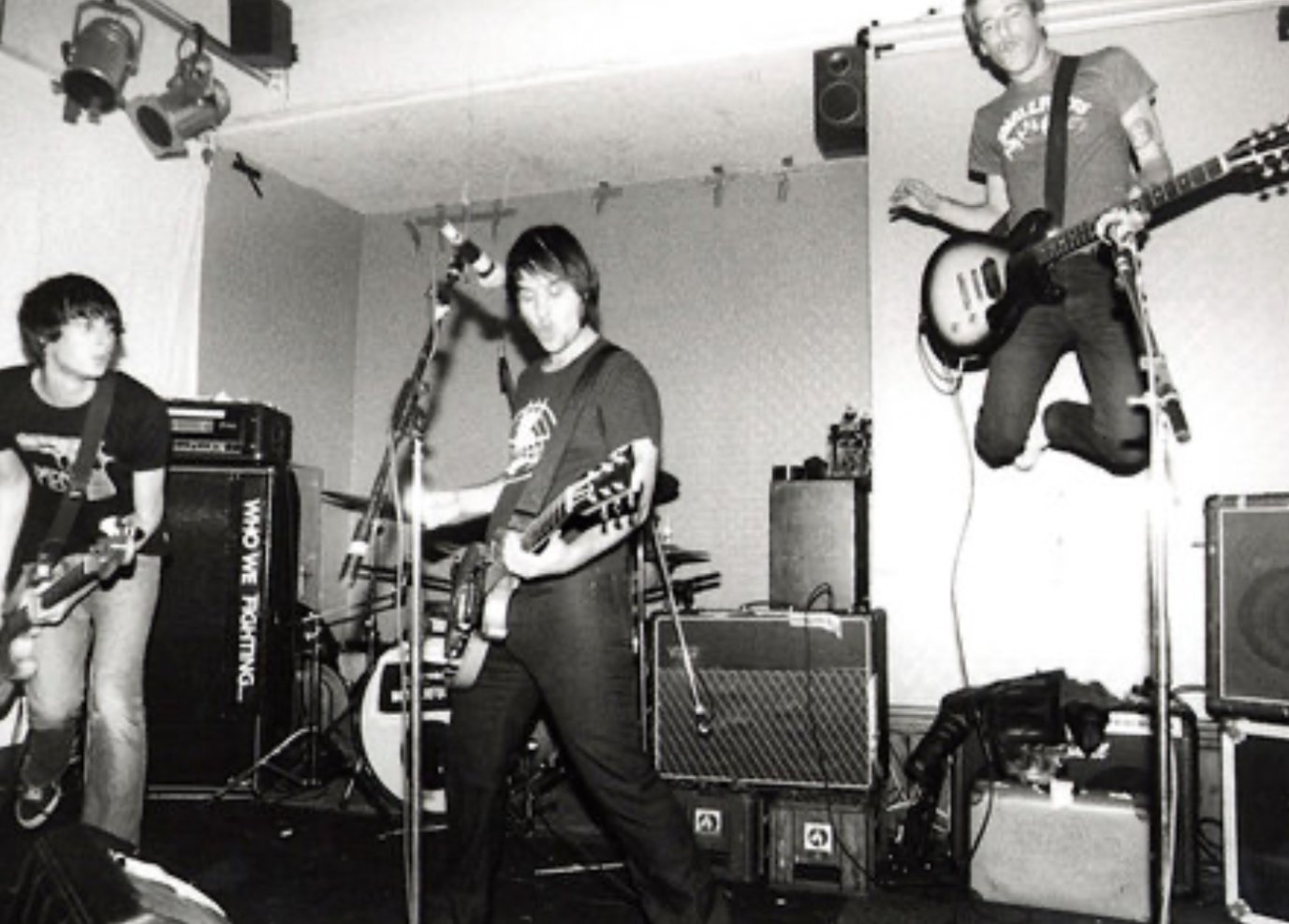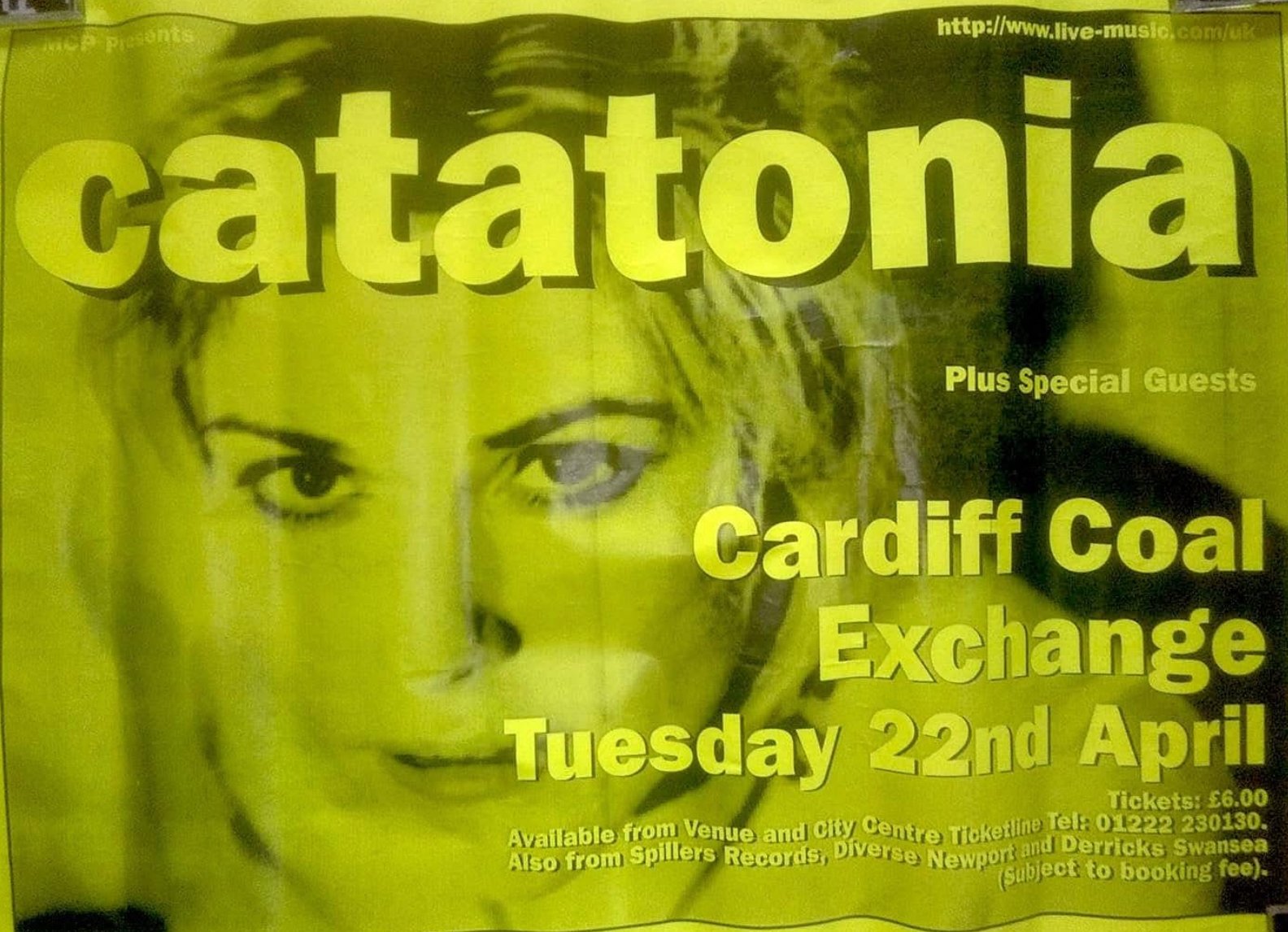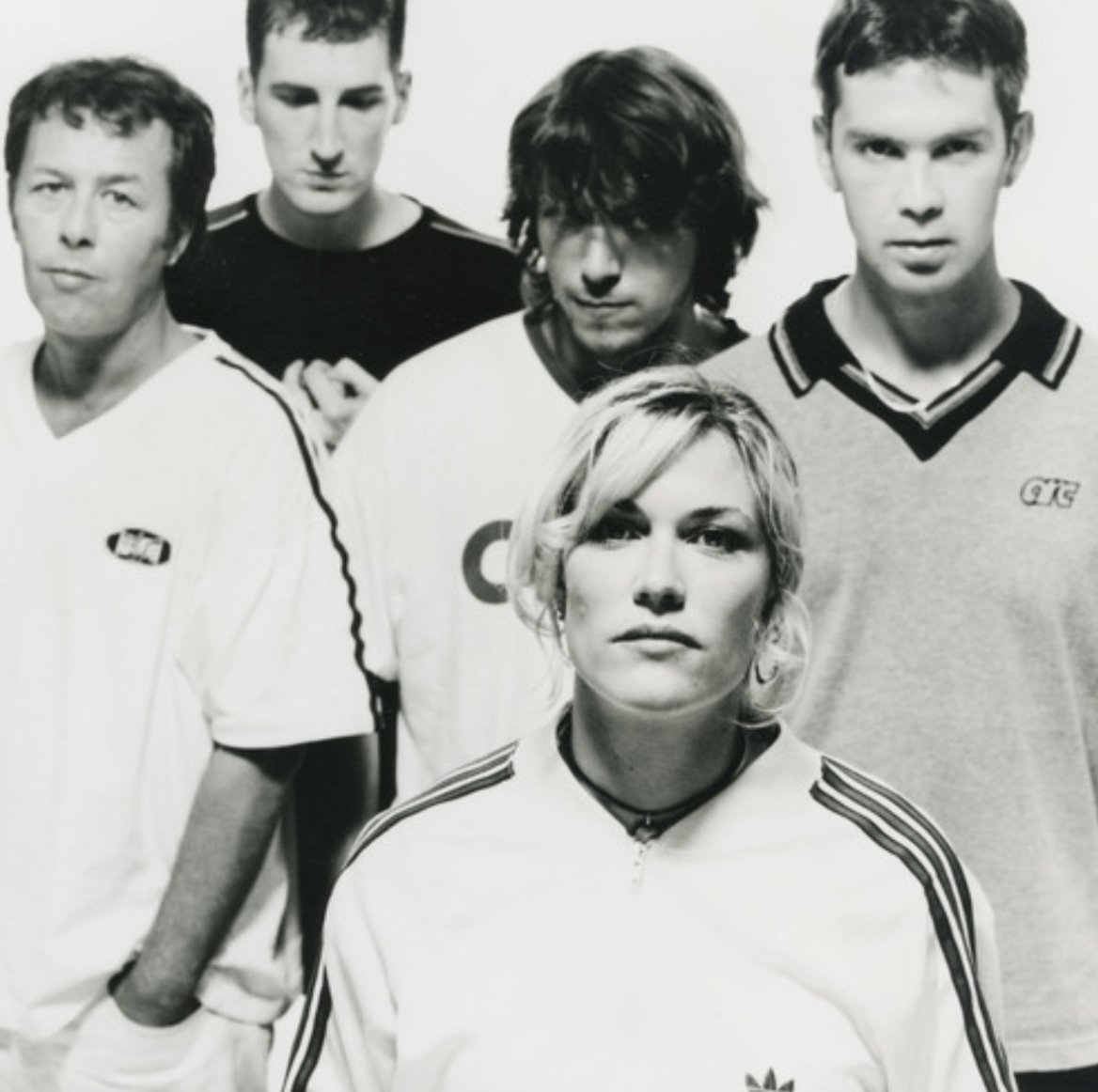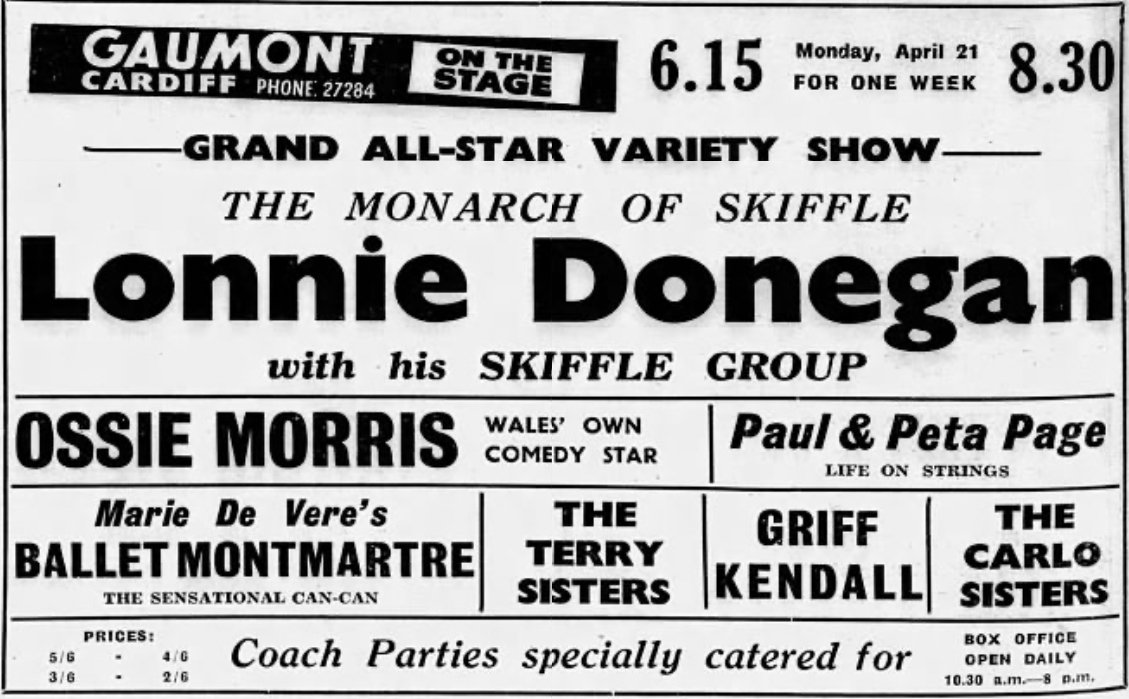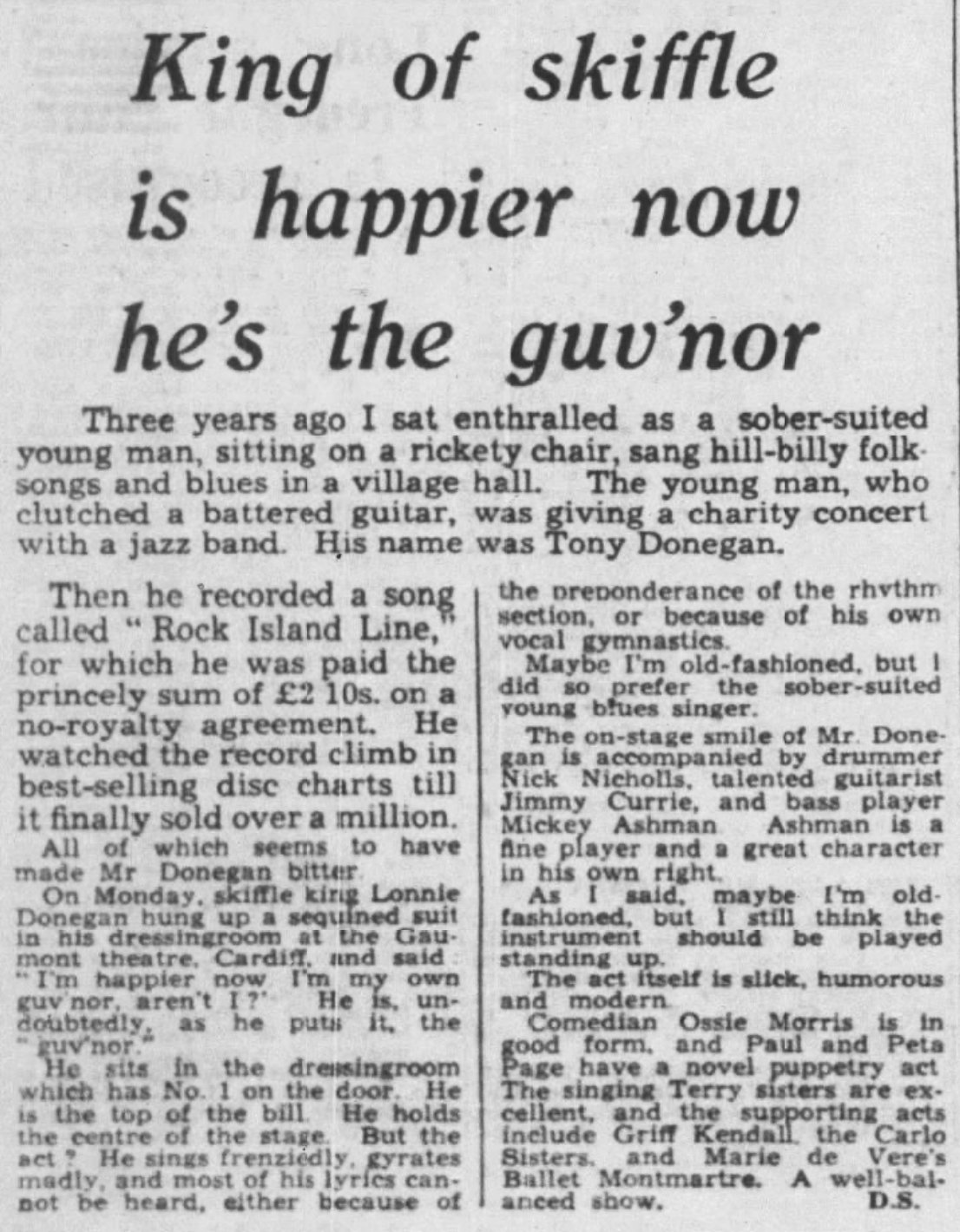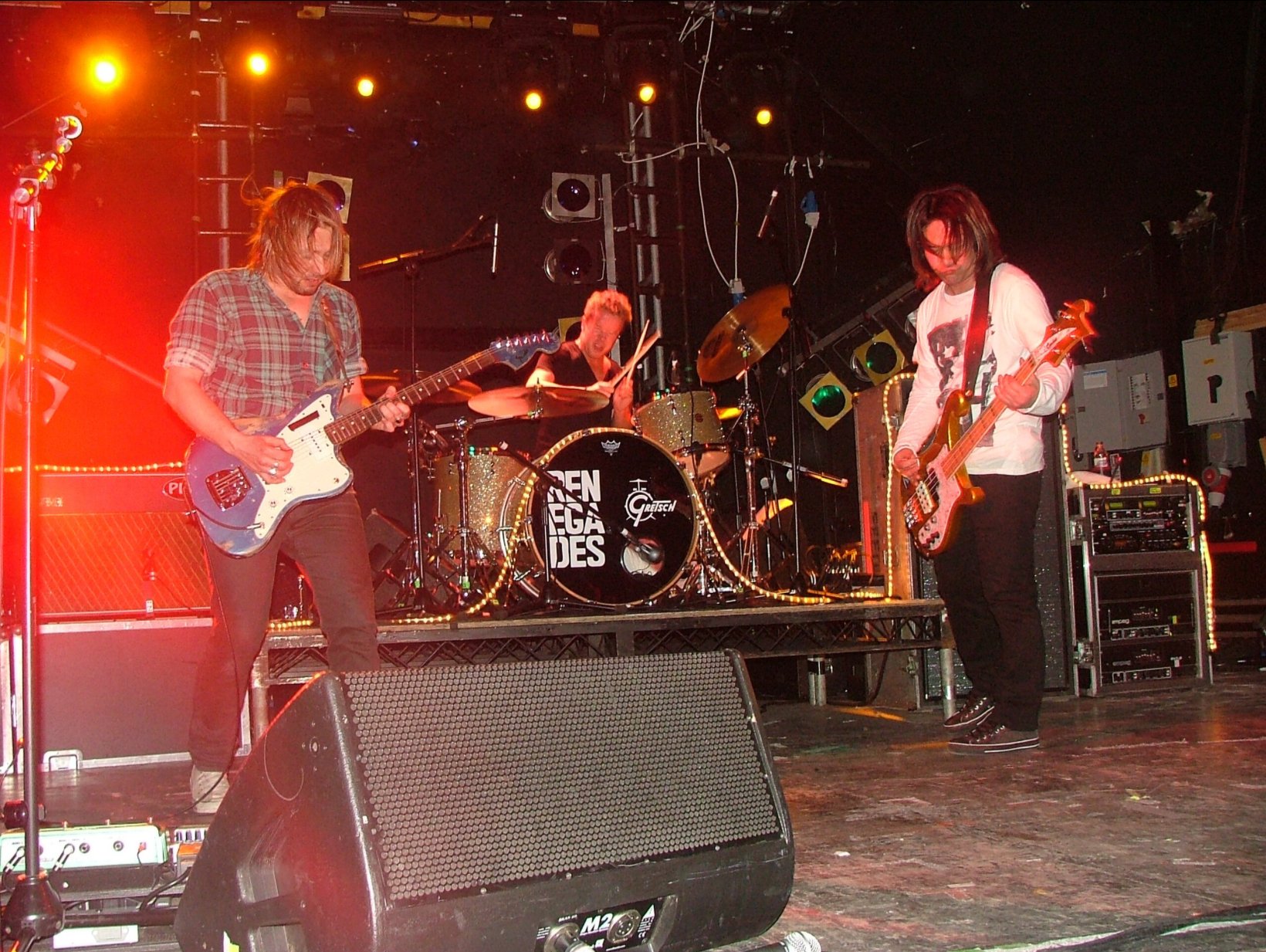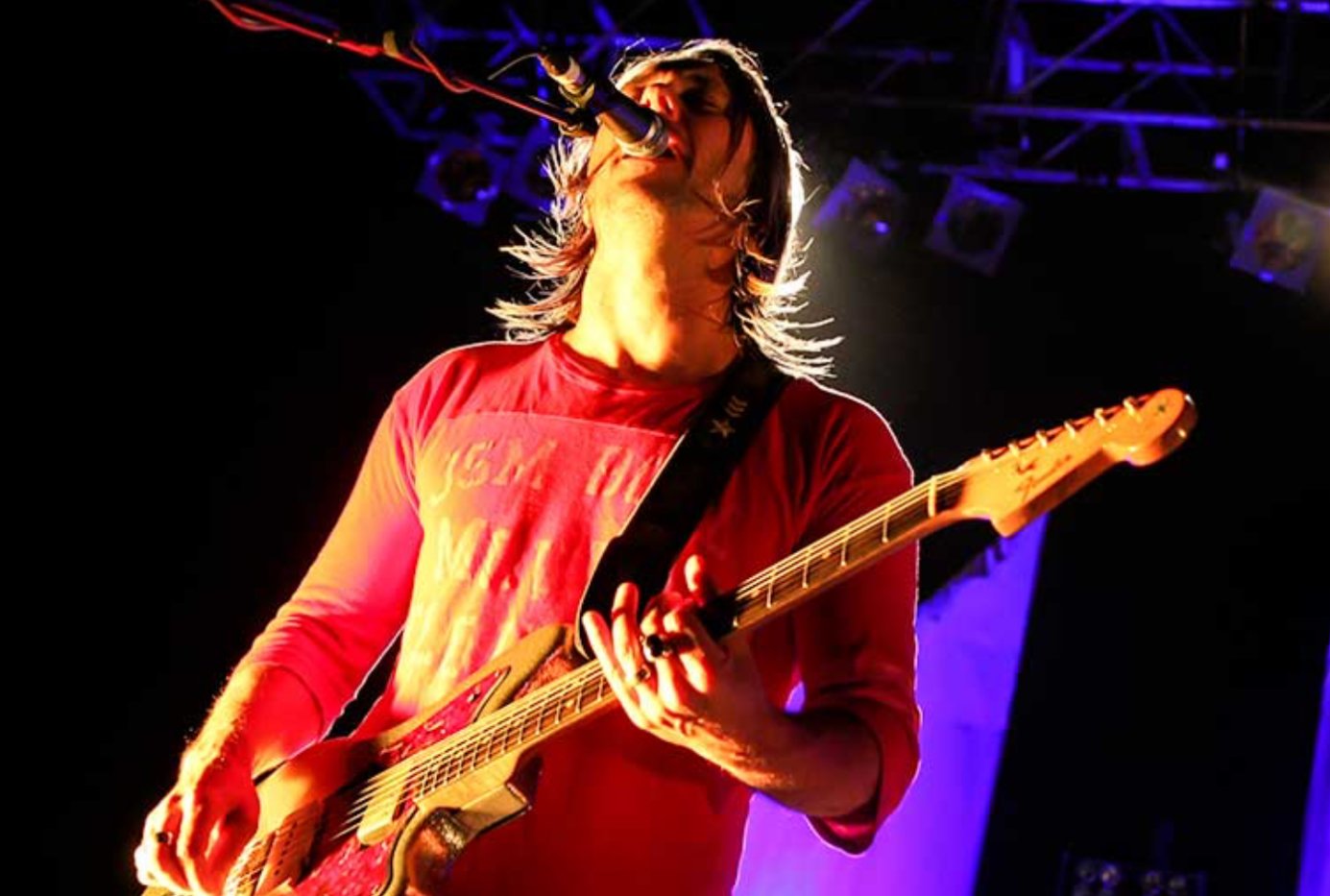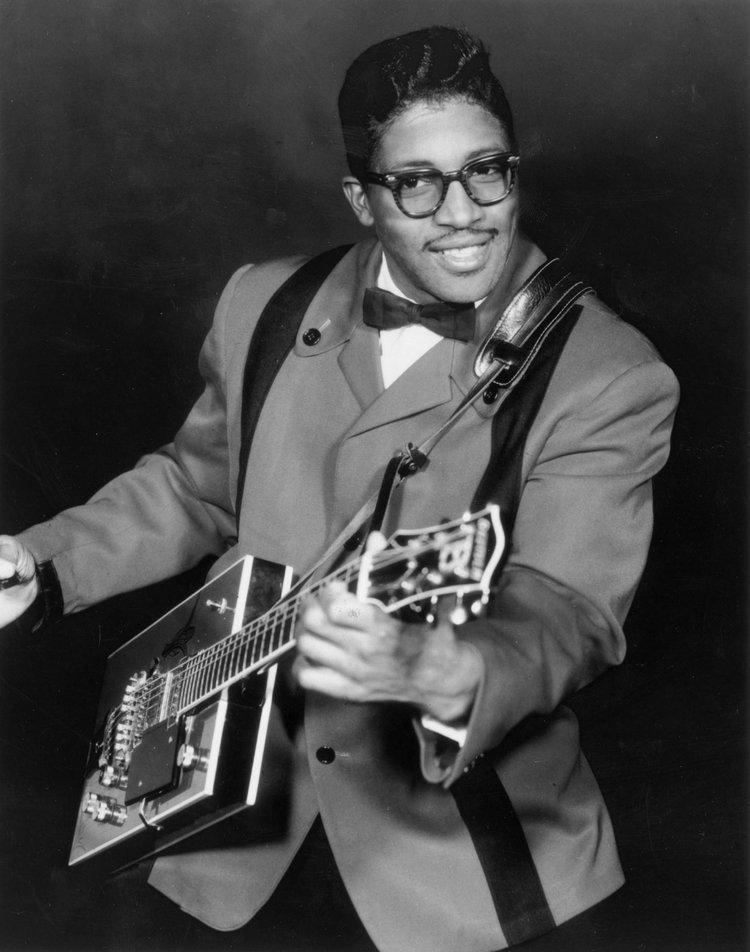Images may be subject to to copyright
On this day, 25 April 1989, Salif Keita, the Malian singer-songwriter, referred to as the "Golden Voice of Africa" played Cardiff University. He had just released the album Ko-Yan which was recorded in Paris.
The album contains more influence from Western music, while still maintaining a traditional style. All the songs were written by Keita, including "Nou Pas Bouger", one of his first hits.
Album review - South Wales Echo
The New York Times wrote: "Synthesizers and Western horns perk along (sometimes sounding like Weather Report on Ko-Yan), but the underlying rhythms percolate in triple time, and it's hard for a Western ear to predict where Mr. Keita's vocal lines, and the responses of his female backup singers, will begin or end." The Edmonton Journal noted that Keita's music "injects the stirring traditional rhythms of Mali with nourishing contemporary textures—funk, soca, and soul."






